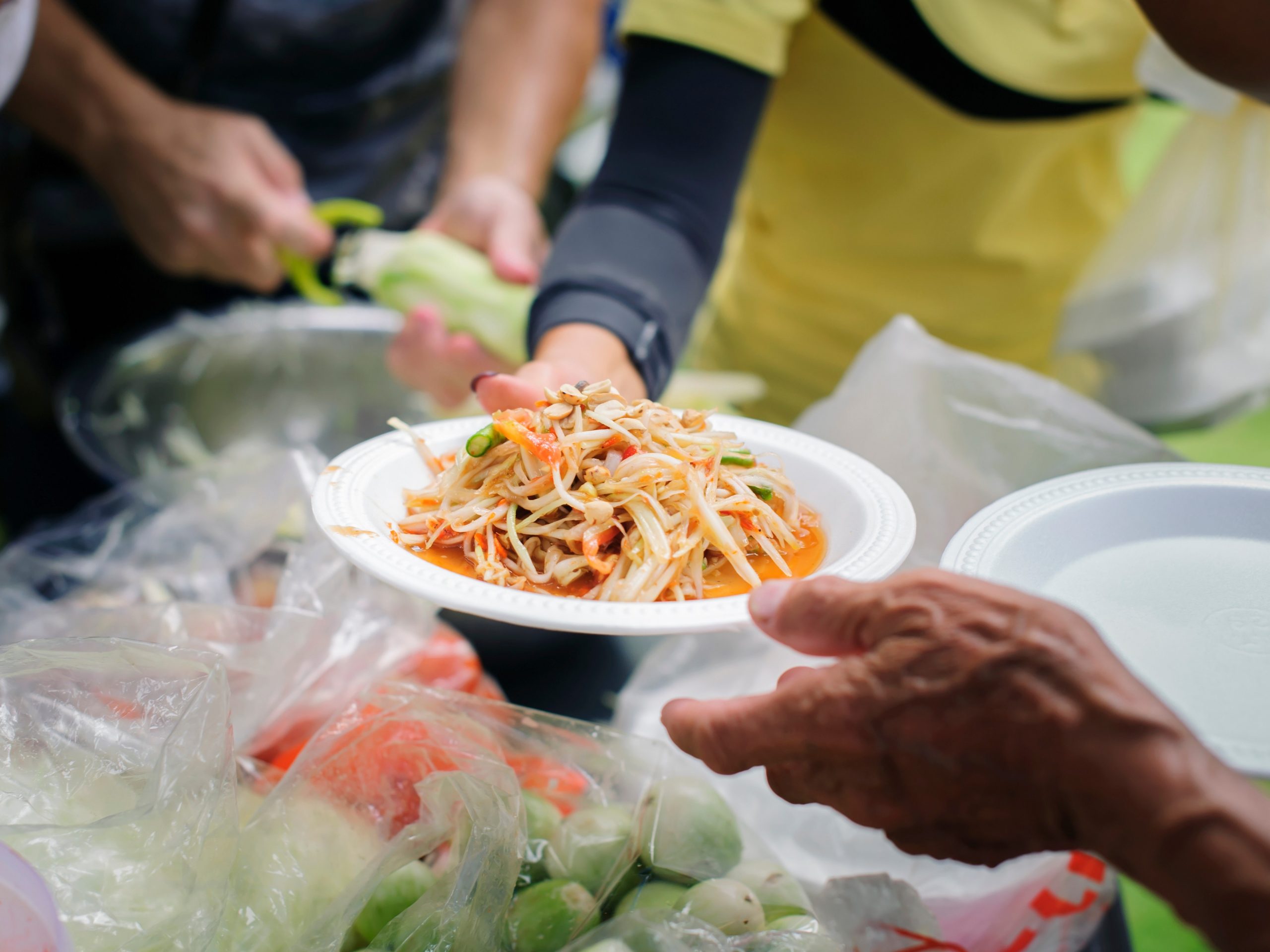What will your ‘fair food future’ look like in 2045, and how will we get there?
The growing pressures of climate change, along with the rising levels of hunger and food supply-chain failures experienced during COVID-19, illustrate the urgent need to redesign our food system.
In light of these challenges, UQ researchers are running a series of workshops with community food actors to discuss their role in future food system transformation and to formulate collaborative pathways for action. The idea is co-create an action plan towards ‘fair food’ for Australia and contribute to national dialogues on the UN Sustainable Development Goals. Outputs will be available to the public on the Fair Food Futures website.
Two upcoming online workshops will focus discussions on youth, food and climate action; and on the the role of technology in food system transformation
These discussions will contribute to the construction of ‘fair food futures’ – scenarios exploring what a fair, sustainable and resilient Australian food system might look like beyond 2045.
UQ invites individuals and grassroots organisations with expertise in the relevant areas to participate in either workshop; all workshops are free to attend.
Note that participants must be 18 years or over.
What is the Fair Food Futures project?
In the context of growing hunger and an increasingly unjust food system, and in light of tensions around corporate capture of food systems everywhere, it is more important than ever that the voices of the ‘fair food’ movement are heard.
Fair Food Futures is a multilevel, multi-disciplinary exploration of civil society’s visions for food system transformation in Australia. Part-research study, part action plan, the project uses a co-designed approach to improving people’s participation in food systems debates, planning and policy making.
The Fair Food Futures project is funded by the Australian Research Council and involves collaboration with UQ researchers and grassroots food organisations.
Workshop details
Youth, Food and Climate Action
This workshop seeks to imagine a ‘fair food future’ in which young people are empowered to define new models of food production, consumption and governance based on improved food and land affordability, skills and mentoring, inclusiveness, diversity, health and wellbeing.
Participants are invited to design pathways through which youth voices can shape equitable outcomes at the intersection of climate action and hunger reduction.
The workshop will be presented in partnership with Young Farmers Connect, a national not-for-profit network offering resources, peer support and community for young farmers keen to ‘farm for the future’, supporting the use of regenerative, holistic and sustainable agricultural practices.
Participation includes attendance at two 2-hour sessions, organised around:
1) Scenario building/refining: Monday 29 November, 9.30–11.30am
2) Defining action pathways: Wednesday 1 December, 1–3 pm
To register, click here.
The Role of Technology in Food System Transformation
Technological innovation is a key driver of food system change but access to such innovations is inequitable – a fact that demands consideration.
This workshop seeks to envision a ‘fair food future’ in which technology is transformed into a democratically controlled common good and helps users (including farmers) and consumers everywhere.
Participants are invited to design creative pathways through which technology can intersect with reduction of hunger in Australia.
This workshop will be presented in partnership with the Open Food Network Australia – a not-for-profit organisation supporting the creation of fair, local and transparent food systems through open-source software, education and strengthening communities.
Participation includes attendance at two 2-hour sessions, organised around:
- Scenario building/refining: Monday 29 November, 1 –3 pm
- Defining action pathways: Wednesday 1 December, 9.30–11.30am.
To register, click here.
Further information
For more information, contact Dr Kiah Smith (Chief Investigator and Senior Research Fellow, UQ). E: k.smith2@uq.edu.au


